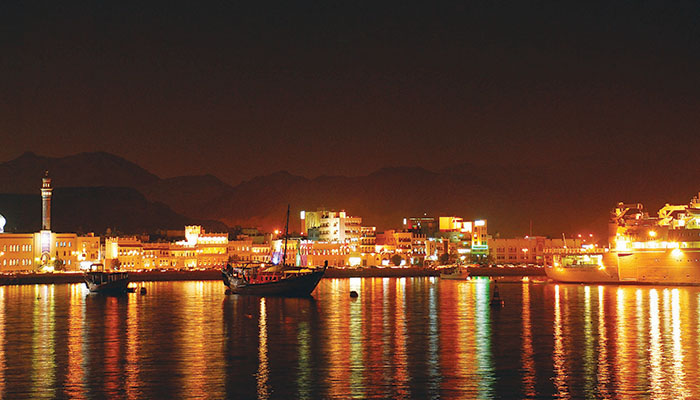
Muscat: Oman’s commitment towards pursuing its economic diversification plans, with focus on SMEs and tourism even during challenging times, would help to revive the economy next year.
The economy is expected to grow by 2.5 per cent next year, helping it reduce the coronavirus (COVID-19) impact, the head of economic research at the Oman Chamber of Commerce and Industry has said. According to the International Monetary Fund’s World Economic Outlook, which was released in April 2020, Oman’s economy is expected to contract this year, before rebounding in 2021.
Dr Ahmed Al Hooti, head of economic research at the Oman Chamber of Commerce and Industry, said that the country could see better growth in 2021, provided certain conditions are met, specially the revival of economic activity.
“We feel that by next year the COVID-19 pandemic will be over, and this means we could actually have some growth,” said Al Hooti.
“We expect there to be growth of 2.5 percent next year. From our side, we feel that if we all work in the same direction, the economy would revive,” he added.
“If the COVID-19 pandemic stops, firstly, the whole economy starts working again, and the government and other structures can then generate more money. Without money, you cannot have growth.”
Al Hooti added that while these conditions would see many sectors in the country experience positive change in the coming year, the rate of growth between one sector and the next would not be uniform, with some areas of the economy taking more time than others to benefit.
“Most of the sectors could actually see growth, because many of them have lost business this year because of the coronavirus,” he added.
Citing the example of tourism as an industry that would take time to bounce back, he said, “Its return depends on the coronavirus. If the coronavirus remains or comes back stronger, then we cannot do anything about it, but according to the indicators we see, Omanis are actually travelling inside the country, and they are using the utilities inside the country, such as hotels and restaurants and such, but globally, it might not be the same.”
Al Hooti also called for more help to be given to small and medium enterprises, many of which provide innovative solutions and help solve problems faced by people in the country during the pandemic.
“There are problems faced everywhere, but we feel that SMEs need support and help, especially financially, because they don’t have, right now, enough to finance themselves and recover from the virus,” he added.
“We are now pushing the banking and financing sectors to pump some money and help the small and medium enterprises to do better than now.”
The stimulus provided to the economy could have another positive spin-off: the jobs created could employ many more Omanis in the future.
“This is one of the challenges we are facing. All the sectors will work together to do this, and they are focusing towards this,” Al Hooti said in this context.
“All of Oman’s regions are facing these challenges, so we are finding investors who can invest everywhere, to create job opportunities across the countries. For example, in Musandam, on which the government is focusing right now, if the job hunters there are not that many, job seekers from other areas can go there to work,” he said.
“Similarly, in Wusta, we do not have many job hunters, but there are many developments underway over there, so people can travel there to work.”
Al Hooti added, “Each governorate is different to the other one. Salalah is better at tourism, for example, while Al Batinah is focusing on industry and agriculture, while Ad Dhahirah is focusing on mining, because each region has its own resources. It will help them to focus on these, as opposed to opening sectors they don’t really need.”
Adding to what Ahmed Al Hooti said, Ramanuj Venkatesh, a financial analyst in the country, said Oman’s dedication towards pursuing its economic diversification plans, even during challenging times, would provide benefits in the future.
“Yes, hydrocarbons and massive gas reserves can continue to move the economy forward, but other areas are also being explored,” he said.
“Agriculture, for example, has a lot of potential, especially in areas like Al Batinah and Dhofar, where the soil is very fertile. Oman’s strategic location also offers itself as a useful base for any trading partner. It does have the potential to develop trade routes with developing economies such as Pakistan, India, the Philippines, Malaysia, and many others, as well as more developed ones like China, Japan and Singapore,” added Venkatesh.
“There are also many opportunities for renewable sources of energy, which Oman is looking into, particularly when it comes to solar energy.”